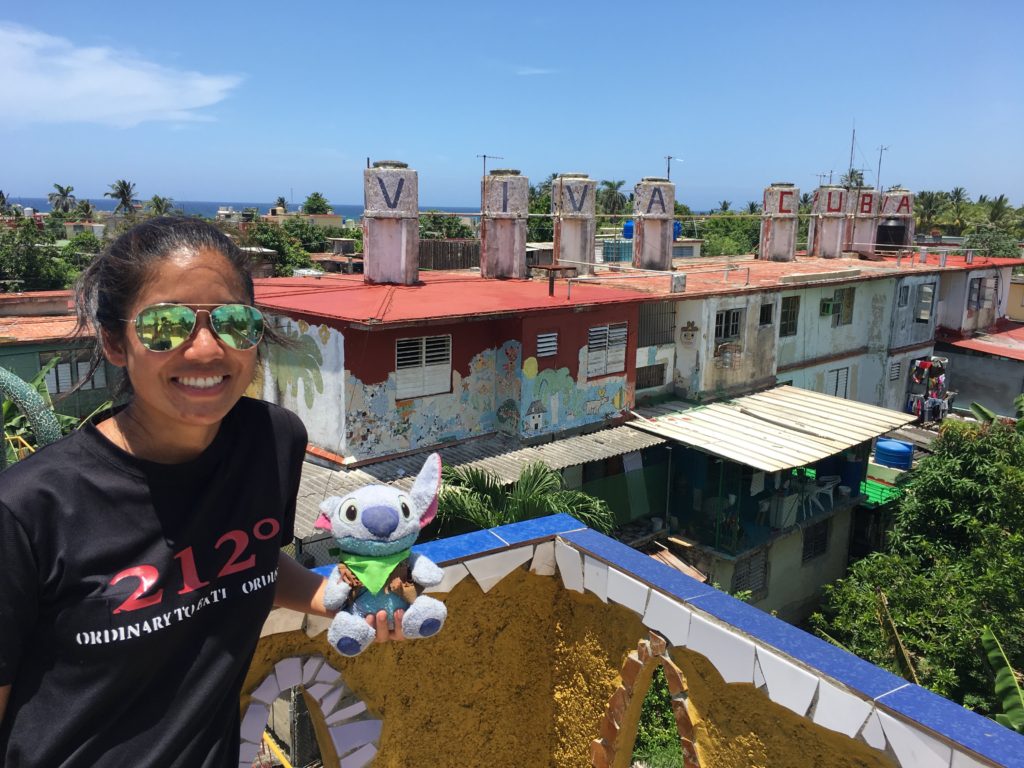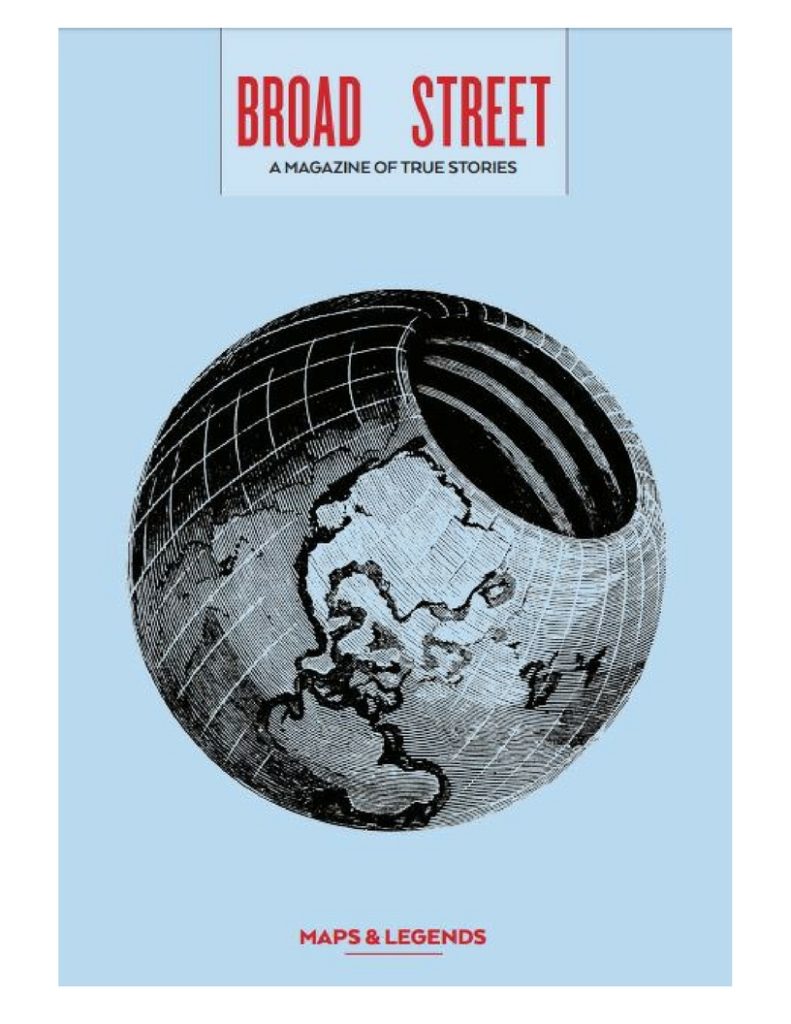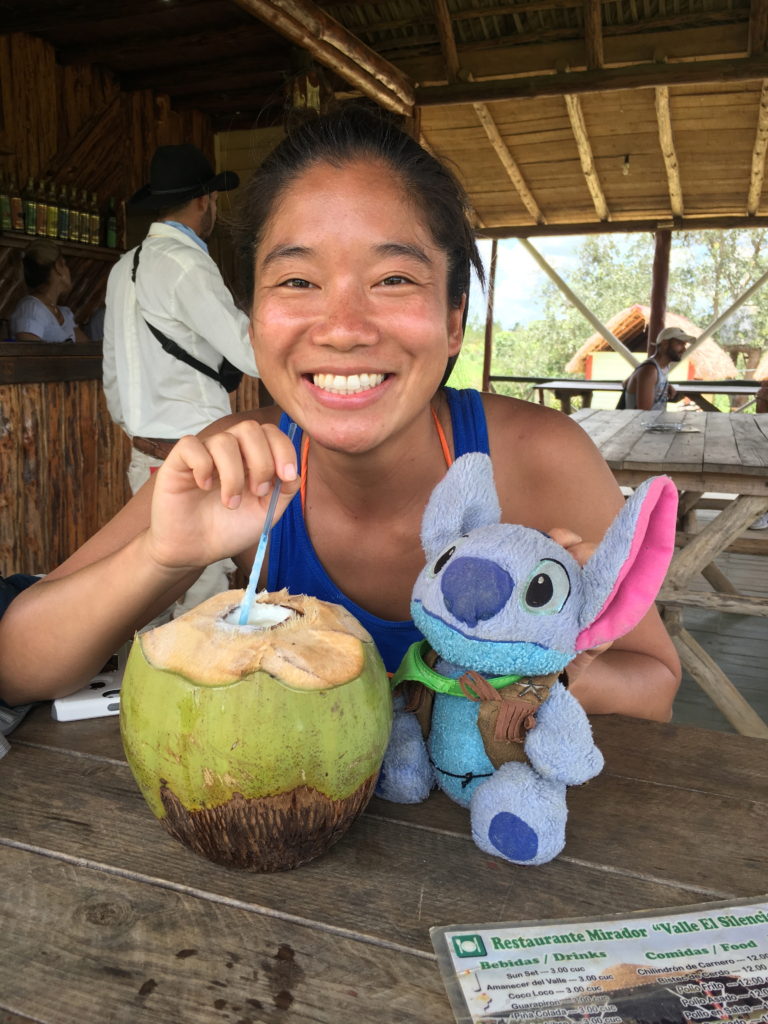“Traveling helps me figure out the right questions to ask. It is the writing afterward—sometimes long afterward—that feels like seeking and revealing the truth in the answers to those questions.”
For Bea Chang, who contributed the memoir “The River My Father Promised” to our “Maps & Legends” issue, life is–literally–a journey. At the time she wrote that essay, she had backpacked through fifty-one countries. The number’s even higher now.
“The River My Father Promised” was deemed a Notable in the 2017 Best American Essays series. Click to read its entirety, specially formatted for the web.
And now here’s Bea’s take on the journey, the life, the writing, the truth.
BROAD STREET: How do you define “truth”? And what role does it play in your writing–your nonfiction, certainly, but also any other genre in which you work?
In a way, I guess we are all seeking some answers, some level of truth, whether you are talking about traveling or writing. We tend to paint young backpackers as lost souls, on quests to find themselves. But I think that’s a myth, at least for me. Instead, traveling helps me figure out the right questions to ask. It is the writing afterward—sometimes long afterward—that feels like seeking and revealing the truth in the answers to those questions.
How do you recognize that an idea is worth writing about?
I write mostly for myself, for me to remember and to make sense of experiences, places, and people that mean a great deal to me. That, at least, is where I start. If it ends up being something people are interested in reading about, then great. If not, that’s fine too.
You write so intensively about place. How do you select the details that will evoke a certain scene and connect with readers?
The images that tend to stay with me over time can’t be photographed. You can’t buy postcards or Google them. They are the mundane, the daily interaction of people with their land. I am not interested in describing what Machu Picchu looks like; I am interested in our guide who buried his nose in an English dictionary each time we took a break on the Inca Trail (which was a lot). To me, that’s where the story is. That is something worth writing about. Those are the details that give human life to a place.
“There’s something magical that happens when two cultures collide, and there’s so much to learn about our diverse experiences in this lifetime.”
Do you find time to write while you are traveling? How do you make sure that your writing gets enough engagement as you backpack across mountains and float down rivers?
Actually, I rarely do. I always have my computer and my notebook with me, but there are just so many things to see and so many people to meet when you are traveling. Even when I stopped for a week in a retreat outside of Granada, I spent a lot of that time figuring out how to cook with the food I found in a Spanish grocery store. So I write mostly when I get home, when I have time and space to reflect. Plus, I get to relive my journey again.
A little refreshment in between rivers.
When you were a struggling/dreaming new writer, what gave you inspiration and kept you going?
If we are being honest, I still consider myself a struggling, dreaming new writer. But I guess I draw my inspiration mostly from the people I meet, either locals or backpackers, all of whom either have incredible stories to tell (a Brazilian woman who was on a year-long project photographing naked people in undiscovered natural settings) or offer you a new perspective on the world (let’s just say, traveling in Europe during the Bush era was a very, very humbling experience). There’s something magical that happens when two cultures collide, and there’s so much to learn about our diverse experiences in this lifetime.
What advice do you have for aspiring writers–in any form?
Just do it 🙂 . You’ll figure it out along the way.
Read “The River My Father Promised” by clicking on the title.
First photo: Bea and a friend visit Cuba.
True stories. Honestly.












